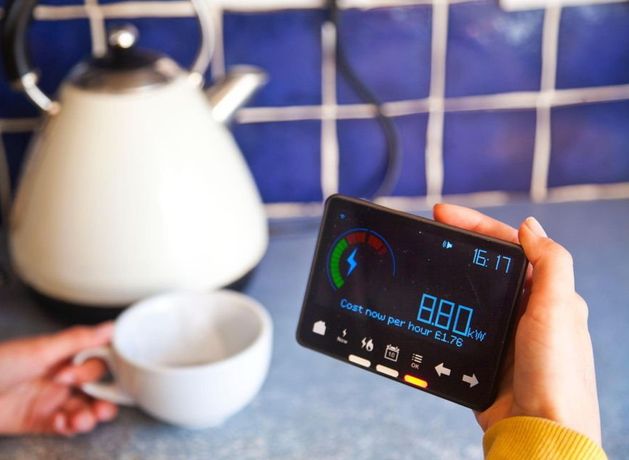Bussiness
Five per cent of households refuse to have smart meters in their homes

Energy
The Commission of the Regulation of Utilities (CRU) says ESB Networks has rolled out 1.7 million smart meters to date. Photo: Alamy
Some 5pc of households have refused to allow a smart electricity meter be in their homes, according to the energy regulator. The Commission of the Regulation of Utilities (CRU) says ESB Networks has installed 1.7 million smart meters to date.
While it didn’t provide the reasons cited by consumers for rejecting a smart meter, activist groups on social media claim that exposure to radio-frequency electromagnetic fields from smart meters, which transmit data wirelessly using a mobile phone signal, pose a health risk.
The WHO says there’s no established scientific evidence that exposure to RF-EMF at low levels adversely affects the health of the general population.
Having a smart meter installed is currently not compulsory. Countries such as France have seen charges imposed on smart meter refuseniks because of the cost of manual reading while some parts of the US have threatened to disconnect customers refusing to accept smart meters.
A CRU spokesman said “all older mechanical meters will have to be eventually replaced” and that Ireland’s rejection rate is below that of other jurisdictions.
Once a meter is installed, it’s not mandatory to move to a smart price plan. Consumers are proving reluctant to sign up to dynamic but complex “time-of-use” tariffs, which offer discounts for off-peak energy usage. Just 11.1pc of households with a smart meter have switched to a time-of-use tariff, the CRU said.
“It’s too difficult a subject for people to figure out,” said Aoife Foley, professor of energy systems engineering at Queen’s University Belfast. “There’s concerns smart meters could be a backdoor to charging tariffs prohibitive to older or working class people.”
To encourage a greater take-up of time-of-use tariffs, the CRU says it will require suppliers to calculate an estimated annual bill so customers can more easily compare them to standard plans.
It will also increase the number of such tariffs each supplier can offer from four to six and review the accreditation framework for price comparison websites to ensure it takes account of these tariffs.










